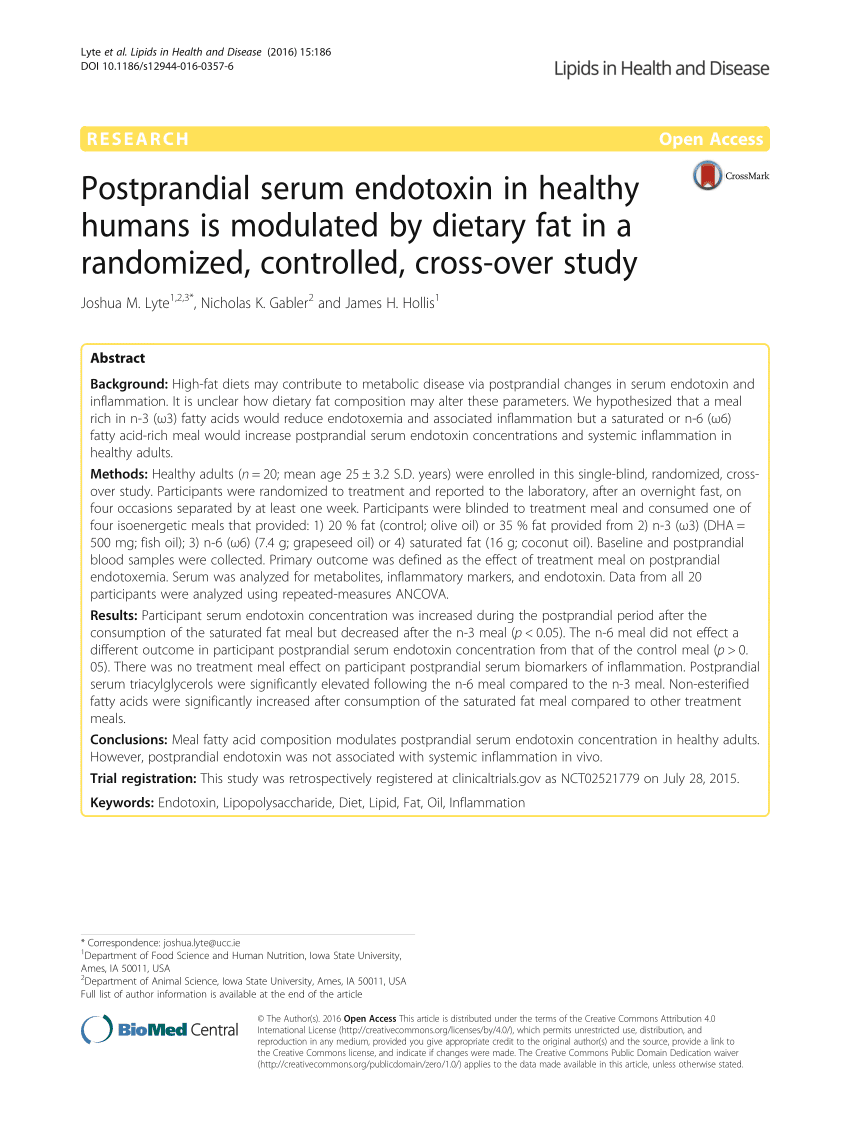I wasn't sure in which section put this but I'm curious:

 www.semanticscholar.org
www.semanticscholar.org
Can saturated fats increse Dysbiosis and endotoxemia? Is is possible revert it?
The article says that the problem are FFA in the colon so I suppose that if the energy intake of meal isn't to high and to the colon arrives a low energy plop the ploblem shouldn't be so strong.
What do you thing about?

[PDF] Impact of dietary fat on gut microbiota and low-grade systemic inflammation: mechanisms and clinical implications on obesity | Semantic Scholar
It is believed that high-fat diets and SFA consumption should be avoided, and MUFA and omega-3 PUFA intake should be encouraged in order to regulate gut microbiota and inflammation, promoting body weight/fat control. Abstract Dietary fat strongly affects human health by modulating gut microbiota...
Can saturated fats increse Dysbiosis and endotoxemia? Is is possible revert it?
The article says that the problem are FFA in the colon so I suppose that if the energy intake of meal isn't to high and to the colon arrives a low energy plop the ploblem shouldn't be so strong.
What do you thing about?



